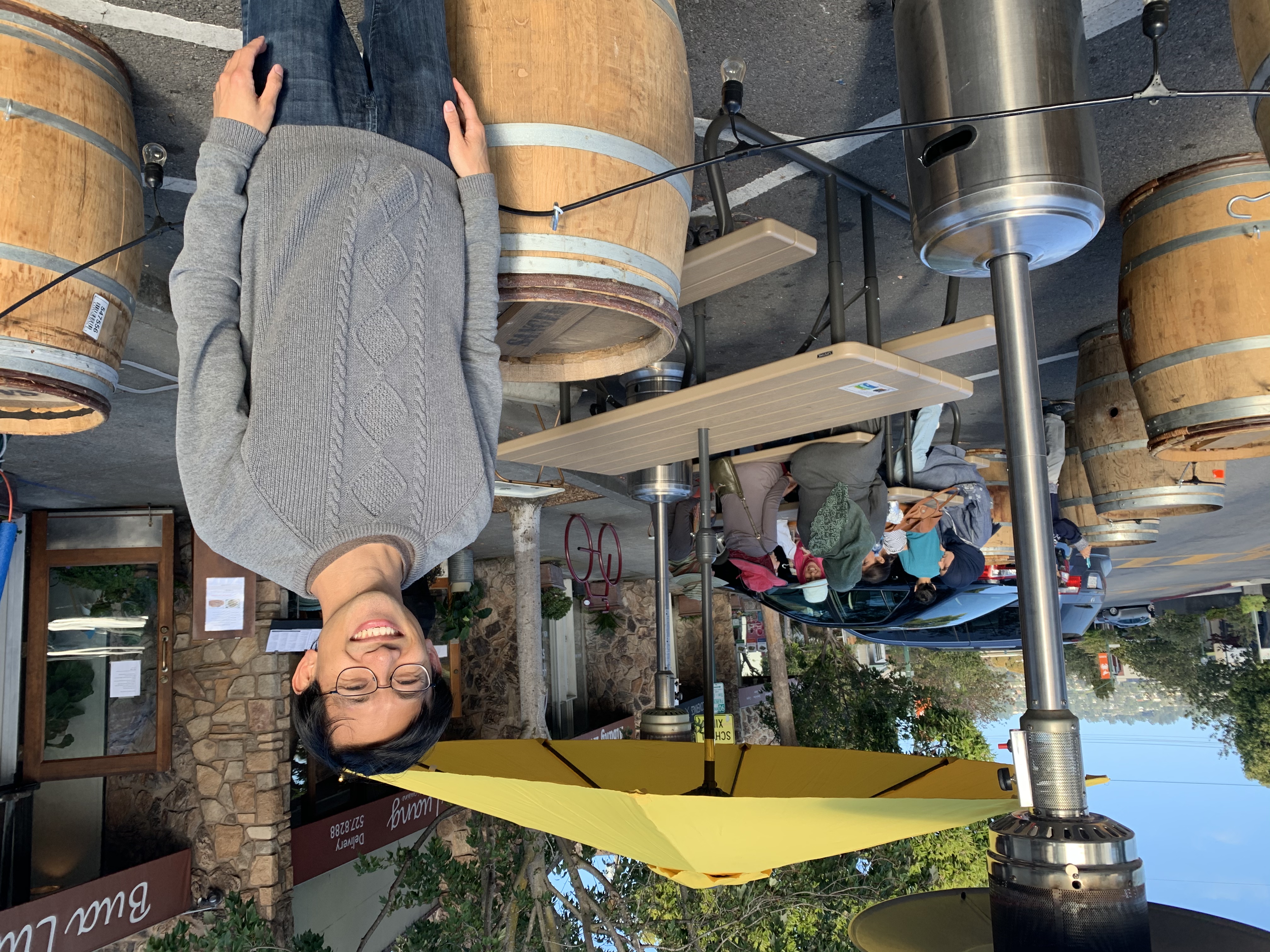 By Ben Fong
By Ben Fong
It’s the early 1990s and I’m a kid sitting cross-legged in the bed of my grandfather’s weathered silver truck on his delivery route. Below me are crisp brown paper sacks packed to the brim with fresh bean sprouts. My gung-gung never said much, but I loved riding along with him on his daily rounds, peeking through the metal screen kitchen doors of the immigrant-owned restaurants that bought his produce. When I get bored I scavenge a stray pale bean sprout and suck on it until it loses all flavor. It’s a favorite childhood memory of mine.
If my gung-gung were still delivering bean sprouts out of his truck today, he likely would be out of business. The restaurants he would have supplied have seen customers and profits plummet by as much as 90% due to Covid-19. Unless we act quickly, many of our beloved local businesses will be forced to close. Not only that, the families that run these small businesses, including immigrant families like mine, are running out of options.
However, there is a practical solution that helps local restaurants serve customers while maintaining safety. I’m referring to the Safe Open Air Dining measures passed across the East Bay to allow outdoor seating on city streets, medians, and sidewalks. Although they aren’t as high-tech as a new Covid treatment, these measures provide an easy-to-implement solution for restaurants to safely serve customers while ensuring social distancing during the pandemic.
Stepping back for a second, not only does outdoor dining help our local restaurants, but it’s also an opportunity for us to rethink and experiment with our urban environment. As a long-time Planning Commissioner in Berkeley, I have long considered the best ways we can optimize the streets and buildings of Berkeley to make them centered around fostering connection in our community. In addition to helping our small businesses, outdoor dining can be a first step toward building a better East Bay that facilitates human connection and dialogue.
We can all agree that Covid-19 has created catastrophic upheaval, however there may be a silver lining. As the pandemic forces people to rethink their commuting and daily habits, it gives us a once-in-a-lifetime opportunity to reimagine what our community could be like. For example, car usage is down, bike and e-bike sales are up, and local wildlife sightings across the Bay Area are soaring. Can we imagine an East Bay with curtailed GHG emissions, better bike and bus infrastructure, and more community spaces for people?
For starters, let’s try combining people-centric streets with outdoor dining. Oakland has implemented its “Slow Streets” program on 10% of its roads and Berkeley has rolled out its Healthy Streets Initiative prioritizing some streets for pedestrians and bikes for social distancing. Let’s experiment with how these concepts could complement each other.
With Covid-19 literally keeping people apart and growing political polarization, we need public spaces more than ever where people can connect with their neighbors. Outdoor seating is a perfect example of how we can bring people together around food, community, and supporting each other. Let’s reinvest in our local businesses. Let’s reinvest in the public spaces that foster connection in our community. Let’s reinvest in AC Transit and BART to connect people while reducing our carbon emissions. Although safe open air dining is primarily for helping our local restaurants make ends meet, it is also a step towards building a more forward-thinking and cohesive East Bay. If it goes well, let’s keep it and expand it.
The East Bay is in crisis – economically, environmentally, and epidemiologically. Restaurants and small businesses in the East Bay are permanently closing at an alarming rate. That urgency is why I’ve created A Fork in the Road, an organization raising money for outdoor chairs and tables in collaboration with Berkeley Councilmembers Hahn and Robinson’s offices, the Sierra Club, and other partners. A Fork in the Road is raising $10k to donate outdoor tables and chairs for our local restaurants with a priority for small businesses and minority-owned businesses. Although my gung-gung is no longer around, we need your help to save businesses just like his. Will you donate today?
Ben Fong is a transportation advocate who has brought last-mile sustainable transportation solutions to dozens of cities across the US. A longtime Sierra Club member, Ben Fong served on the Berkeley Planning Commission from 2016-2019 and is a former diplomat and official in the Obama Administration with postings including Nuevo Laredo, Mexico, Mumbai, India, and Washington DC.
Photo: Sierra Club member Ben Fong in front of cafe seating on Solano Ave.